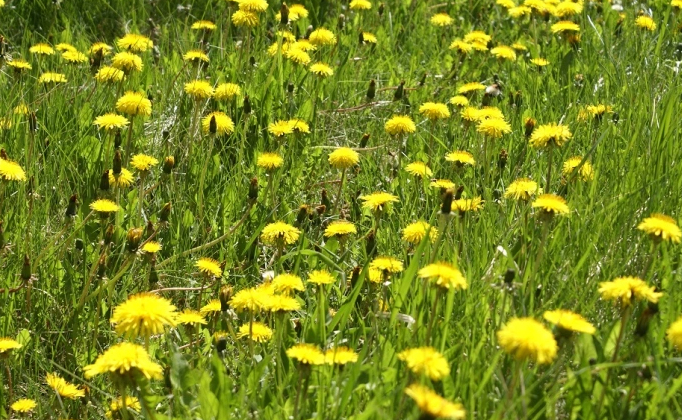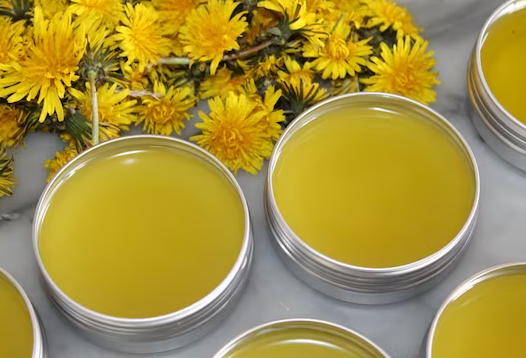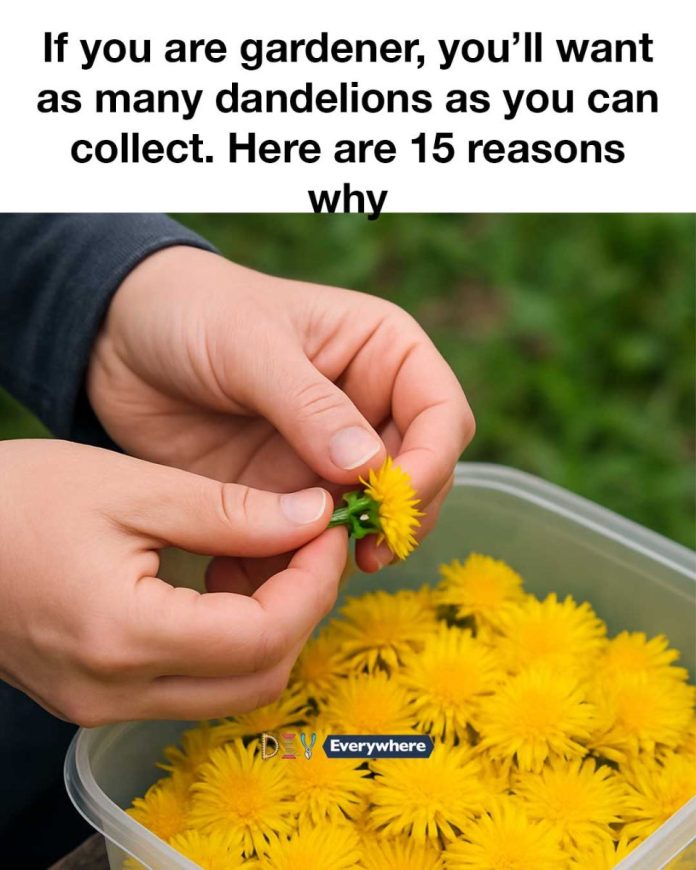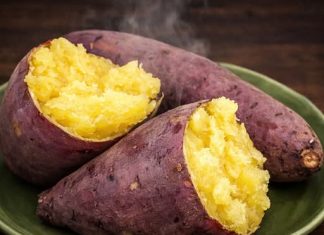Dandelions (Taraxacum officinale) are often dismissed as invasive weeds, but they are, in fact, one of the most versatile and beneficial plants a gardener can cultivate. From enhancing soil health to providing nutritional and medicinal benefits, dandelions offer a multitude of uses that can transform your gardening experience. Here are 15 compelling reasons why you should embrace dandelions in your garden:
1. Natural Soil Aeration
Dandelions possess deep taproots that can extend up to 15 inches into the soil. These roots break up compacted earth, improving aeration and water infiltration. This natural process enhances soil structure, making it more hospitable for other plants. By allowing dandelions to grow, you reduce the need for mechanical aeration methods.

2. Nutritional Powerhouse
Every part of the dandelion is edible and packed with nutrients. A single cup of dandelion greens provides over 100% of the recommended daily intake of vitamin A, along with significant amounts of vitamins C and K, calcium, iron, and potassium. These greens can be incorporated into salads, soups, or smoothies, offering a healthful addition to your diet.
3. Early Food Source for Pollinators
Dandelions are among the first flowers to bloom in early spring, providing essential nectar and pollen for bees, butterflies, and other pollinators when few other food sources are available. Supporting these pollinators is crucial for the health of your garden and the broader ecosystem.
4. Attracting Beneficial Insects
The bright yellow flowers of dandelions attract beneficial insects such as ladybugs, lacewings, and parasitic wasps. These insects prey on common garden pests like aphids and mites, offering a natural form of pest control and reducing the need for chemical pesticides.
5. Natural Mulch
Shredded dandelion leaves can be used as mulch to retain soil moisture, suppress weeds, and add organic matter to the soil as they decompose. Applying a 2–3 inch layer around plants can enhance soil health and reduce the need for synthetic mulches.
6. Compost Enhancer
Dandelions are rich in nitrogen, making them an excellent “green” component for compost piles. They decompose quickly and help balance the carbon-to-nitrogen ratio, accelerating the composting process and producing nutrient-rich compost for your garden.
7. Homemade Fertilizer
You can create a nutrient-rich liquid fertilizer by steeping dandelion leaves and flowers in water for a few days. This “dandelion tea” can be used to water plants, providing them with essential nutrients like potassium, calcium, and magnesium.
8. Natural Weed Control
A concentrated tea made from dandelion roots can act as a natural herbicide. Boil chopped roots in water, strain the mixture, and apply it to unwanted weeds. This eco-friendly solution helps manage weeds without harmful chemicals.
9. Skin-Soothing Salve
Dandelion flowers can be infused in oil and combined with beeswax to create a salve that soothes dry or irritated skin. This natural remedy is beneficial for gardeners who often deal with rough hands and minor skin irritations.

10. Culinary Uses
Beyond salads, dandelions can be used to make vinegar, wine, and even dye. Dandelion vinegar, made by steeping flowers in apple cider vinegar, can be used in dressings or as a cleaning agent. Dandelion wine is a traditional beverage with a unique flavor, and boiling the flowers can produce a natural yellow dye for fabrics.
11. Economic Benefits
Utilizing dandelions for fertilizers, mulches, and other garden needs can reduce the reliance on store-bought products, saving money. Their versatility makes them a cost-effective resource for sustainable gardening practices.
12. Biodiversity Enhancement
Dandelions support a wide range of wildlife, including insects, birds, and small mammals. Their presence in the garden contributes to a balanced ecosystem, promoting biodiversity and ecological health.
13. Soil Nutrient Cycling
The deep roots of dandelions draw nutrients like calcium and iron from deep within the soil, bringing them closer to the surface. When the plant dies and decomposes, these nutrients become available to other plants, enriching the soil naturally.
14. Educational Tool
Dandelions can serve as an educational resource for children and adults alike, teaching about plant biology, pollination, and sustainable gardening practices. Their ubiquity and ease of identification make them ideal for hands-on learning experiences.
15. Cultural and Historical Significance
Historically, dandelions have been used in traditional medicine and cuisine across various cultures. Recognizing and preserving this heritage can deepen our appreciation for these resilient plants and their role in human history.
Incorporating dandelions into your gardening practices not only benefits your garden’s health but also supports environmental sustainability and biodiversity. Embracing these often-overlooked plants can lead to a more vibrant, resilient, and productive garden.

















